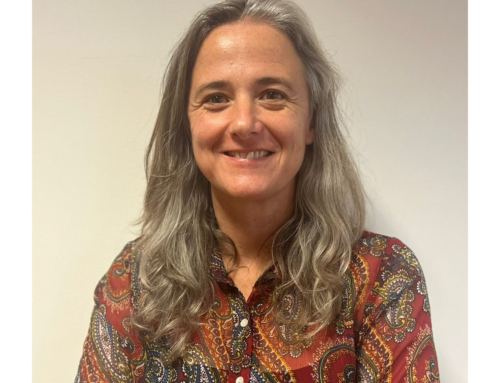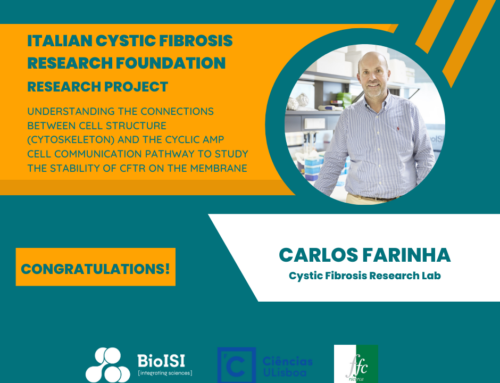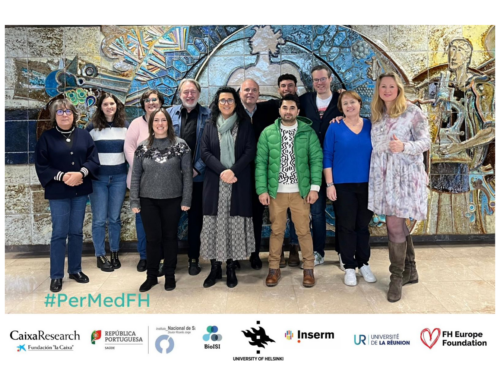BioISI researcher Sara Quintela Realista (CBS Group) has earned FCT funding, through the Individual Call to Scientific Employment Stimulus – 3rd Edition (CEED IND 2020). This Call is aimed at PhD holders with a background in any scientific area who wish to develop their scientific research or technological development activity in Portugal. Sara won this FCT funding in the category Junior Researcher on the Evaluation Panel of Chemical Sciences, with the project titled Towards controlled electrosynthesis of MOF films for biorelevant molecule sensing.
Sara completed the PhD in Chemistry in 2018 and is currently a Post-doctoral researcher of the FCT financed project “Chemical Synthesis Using Earth-Abundant Metal Catalysts”, at the Instituto de Tecnologia Química e Biológica (ITQB, Universidade Nova de Lisboa).
Sara published 14 articles in International peer-reviewed scientific journals, where 1 of them was selected as hot paper and cover feature (Chem Eu.r J.), and a book chapter. She has received 3 awards: Young Scientist 2013 from Fundação Calouste Gulbenkian, that awards the most promising young national researchers; other from Portuguese Chemical Society, where she was selected to be one of the two representatives of Portugal in a Young Scientist European Contest (2018); and an honorary mention within the Portuguese Young Chemist Award 2020.
She co-supervised 2 MSc dissertations and 1 work of course completion of LSc/BSc. She was member of organizing committee of 1 International event and member of the scientific and organizing committee of another International event. She participates and/or participated as Principal investigator in 1 project, Research Fellow in 4 projects and Researcher in 4 projects. She works in the area of Exact Chemical Sciences with emphasis on Inorganic and Organic Chemistry and Electrochemistry.
Sara is skilled in inorganic synthesis, electrochemistry and catalysis fields. During BSc, she synthesised Co(I) and Fe(II) organometallic compounds for their immobilization in silicon materials and their use as heterogeneous catalysts for epoxidation reaction. After, during MSc, she began to gain expertise in electrochemistry by preparing new electrodes based on inorganic complexes for O2 electroreduction that can be used for fuel cells (cleaner energy). In the PhD she consolidated all the knowledge acquired before and worked in the CO2 electro- and photoreduction using inorganic complexes and materials.
Now as a post-doctoral researcher, she works with Mn(I) organometallic complexes with carbene ligands for the activation of small molecules, specifically CO2 and H2. Her current interest is focused on the preparation of new electrode materials using her inorganic/organic synthetic and electrochemical skills to fulfill society’s needs.
Congratulations Sara and good luck on your research!


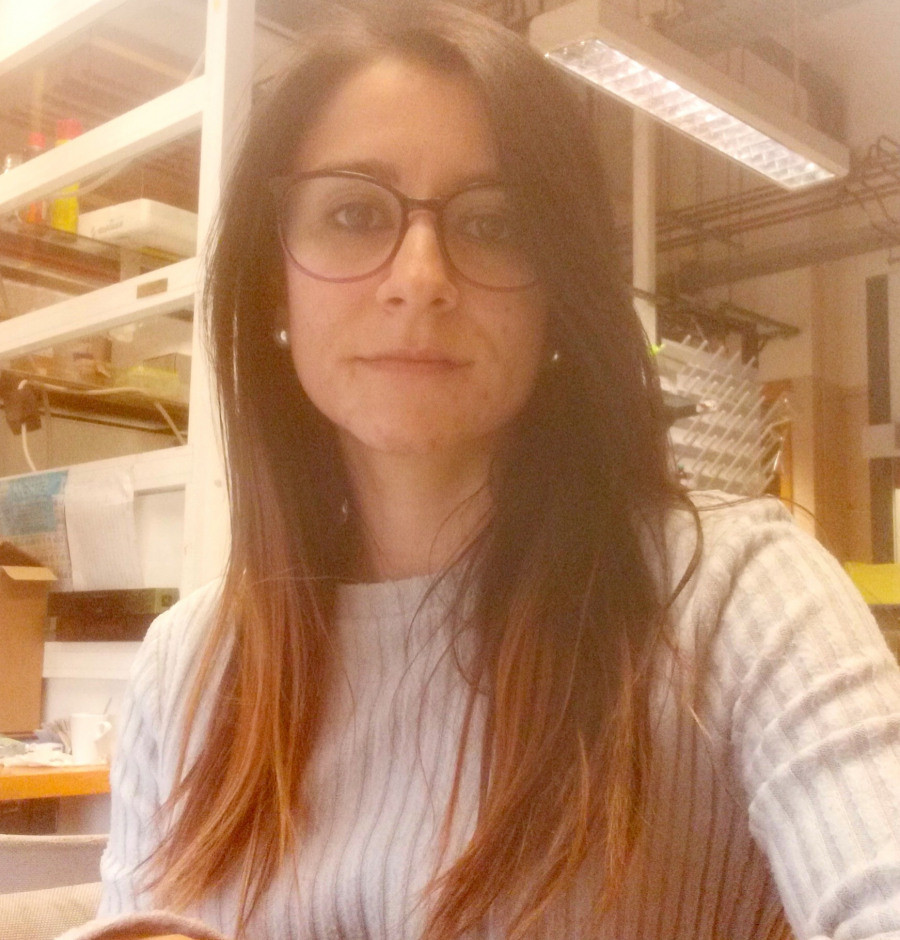
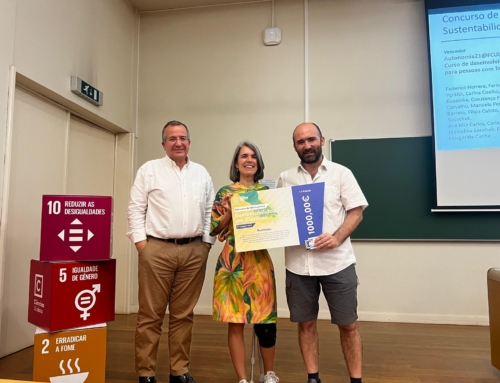
![Bio[r]SciDE – Science Days and Ephemeris | Rare Disease Day](https://bioisi-novo.campus.ciencias.ulisboa.pt/wp-content/uploads/sites/59/2024/03/Rare-Disease-Day-2024-feat-500x383.png)
